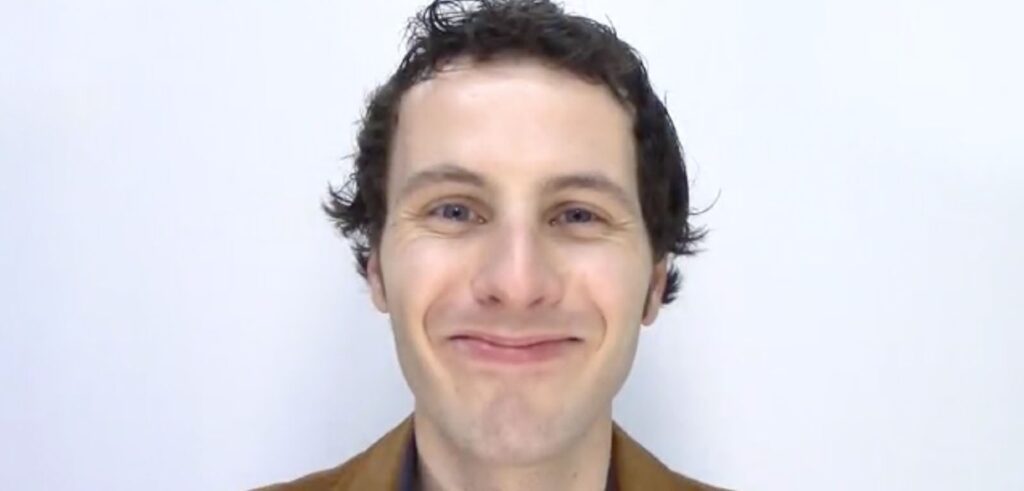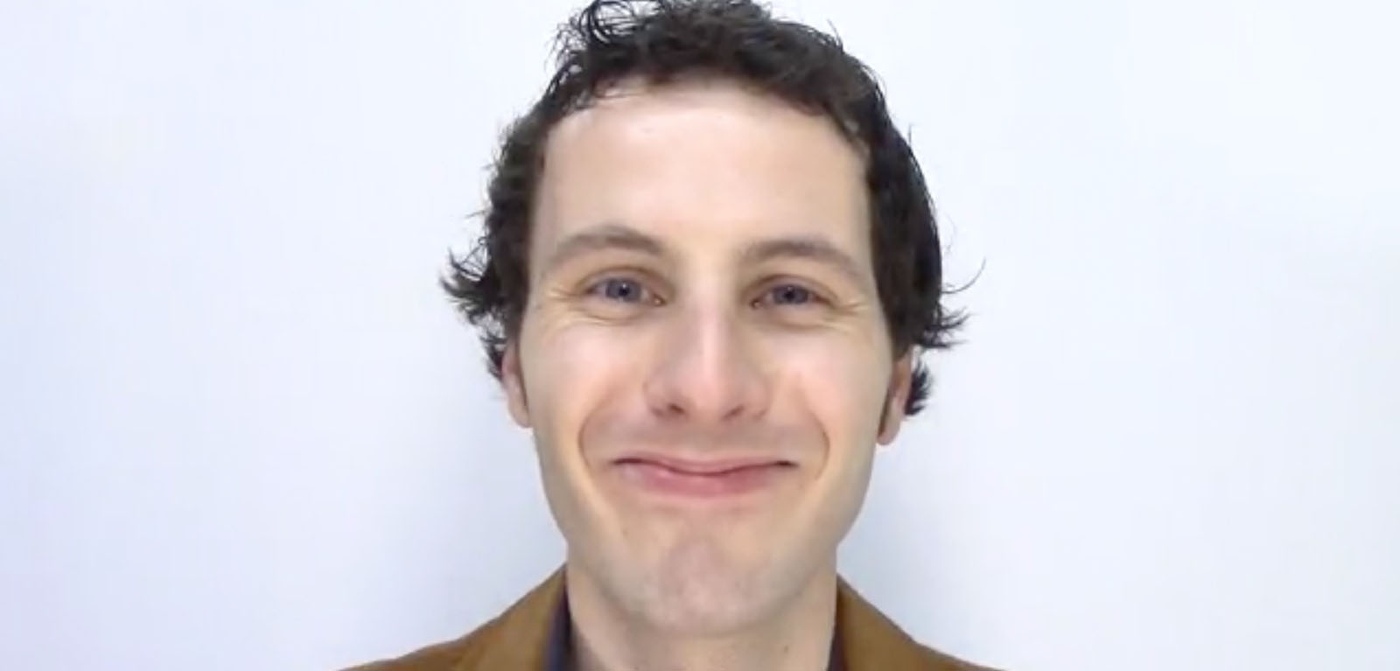
A smile is the key to a thousand doors, but deploying it in every situation without mastery of its use is dangerous, says a new social science study.
They say it takes 400 muscles to smile, well scientists at Queen’s University Belfast found that subtle differences in the way in which a person smiled had not-so-subtle impacts on the opinions which the test participants had about the smiler.
“Smiling at another person does not always lead to trust and cooperation,” said Dr. Stephanie Carpenter from the University of Michigan, a co-author of the study. “Subtle differences in a smile can have a real impact on whether people trust each other and choose to cooperate. In fact, the way you smile in a good or bad situation can impact whether people trust you.”
While playing a set of economic games, such as those that require trust to create value for both players, or which can confer more value for a single person willing to deceive, the subject individual first displayed uncooperative behavior and thus triggered a loss of trust or confidence in their partner.
It was then that, depending on the characteristics of the smile made at game’s end by the subject, the participants altered their expectations of how the smiler would behave during the next game.
Three different smiles were used, which were labeled as reward, dominance, and affiliation. These three words belittle the emotional reaction they trigger, and a glance at each one invokes strong feelings, and likely memories of seeing such expressions in the past.
RELATED: This Simple 10-Question Word Test Reveals How Creative You Are
After untrustworthy or uncooperative behavior, a reward smile—a big ear-to-ear smile like a kid who got the ice cream he was begging for, and a dominance smile, a smirk-y sign of superiority, elicited very little trust, expectations of change in behavior, and positivity when compared with a totally neutral expression, or a look of regret, meaning that sometimes smiles can create even stronger negative feelings than not smiling.
However the “affiliation smile,” which seems to have a hint of regret, like the smile a someone might make after consoling a dear friend, created a desire to repair the broken relationship and to trust the person who had just done something unfair.
MORE: Deeply Empathetic People Process Music Differently in Their Brains
“Think about movie villains, for example in James Bond films,” said Dr. Magdalena Rychlowska from Queen’s University, who led the research published in Cognition and Emotion journal. “They often make happy smiles when something bad has happened or is about to happen. This context makes these otherwise happy and normal smiles feel threatening and unpleasant.”
She adds, “The findings of this study show the power of subtle facial expressions and the positive consequences that an affiliation smile can have in difficult situations. It also highlights the importance of social context—a happy smile that could be read as a signal of trustworthiness in one setting can, in another setting, be seen as evidence of bad intentions.”
Mastery of the smile then, can be an excellent way of getting out of difficult social situations, while the lack thereof can be an excellent way of getting into one.
RAISE a Little Grin in Others—Share This Story…





















To see an example of these smiles, you can download a .pdf or .epub file of the study from here:
https://www.tandfonline.com/doi/full/10.1080/02699931.2021.1948391
I do not see the “neutral” smile as being neutral – perhaps because the woman providing the example looks annoyed to me — which is a perfect example that supports this study on perception but, perhaps, not its findings.
Interesting read!